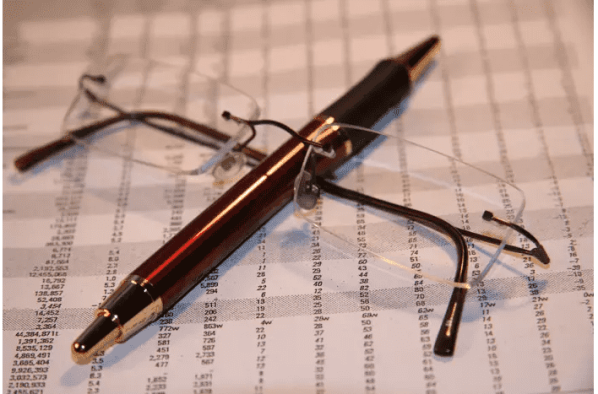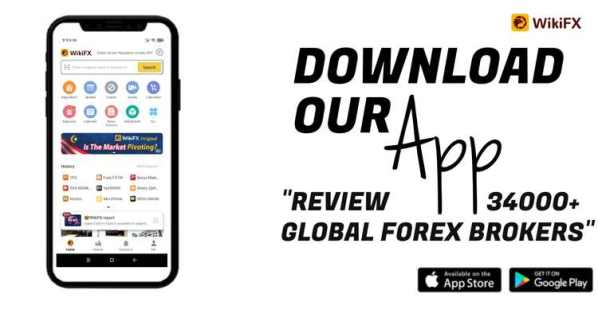
A forward contract is an over-the-counter or exchange-traded financial transaction for the future delivery of a commodity or an asset. The buyer receives guaranteed access to the asset at an agreed-upon price. The seller receives a fixed price as well as a sales outlet from the buyer.
Forward contracts can call for payment upon delivery of the asset but may also include provisions for margin or other terms expressly agreed upon by the parties to the contract. A forward can be a useful hedging tool for both producers and consumers of commodities. However, they can also be fraught with pitfalls at times.
Forwards in the over-the-counter market
In the OTC market, a forward transaction occurs on a principal-to-principal basis between a buyer and a seller. The parties to the contract obligate themselves by contractual terms with the seller assuming the credit risk of the buyer and the buyer doing the same with the seller.
In the world of commodities, there are many derivations of the forward contract. A pre-export financial transaction is a forward where the buyer pays the seller a percentage of the value before delivery. Pre-export financial transactions require the buyer to take more risk than the seller. The price for the asset tends to reflect the higher risk undertaken by the buyer. Another form of a forward transaction is a swap, where a buyer and exchange a fixed for a floating price.
In the aftermath of the 2008 global financial crisis, changes in the regulatory environment caused many forward and swap transactions to move into clearinghouses where margin requirements lowered the potential for defaults.
Forwards are very popular in the highly liquid over-the-counter foreign exchange market. Forward transactions allow for the parties to negotiate all of the terms for the purchase and sale and they are non-standardized contracts.

Leave a Reply